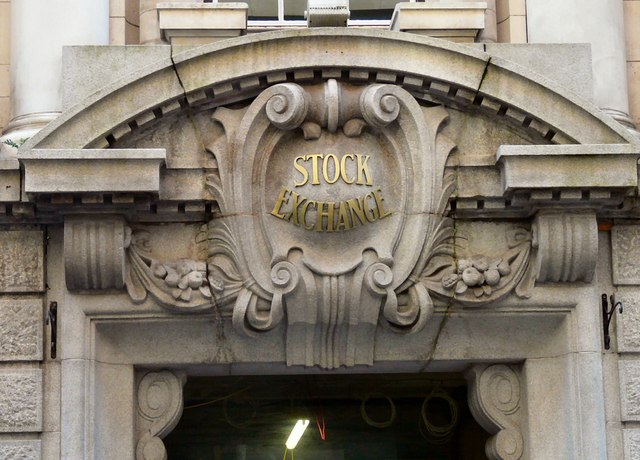
Gerald England
According to S&P Dow Jones Indices analyst Howard Silverblatt, referenced by CNBC, in October, shares of companies in the US S&P 500 index fell by $ 1.91 trillion. Moreover, the losses were almost evenly distributed across the market sectors.
At the end of October, the S&P 500 index showed the worst performance since September 2011. "The October volatility in the markets has already become legendary, and we are not only talking about the collapse of 2008," said Mr. Silverblatt on the TV channel. "October is a much more volatile month than others."
Over the past month, the global stock market has lost about $ 5 trillion. However, analysts at Deutsche Bank believe that this figure is still insufficient to significantly affect the economy. "Scientific research in the field of wealth effect (change in demand under the influence of price changes) suggests that corporations and households do not react too closely to short-term fluctuations in their assets," said Torsten Slok, chief international economist at the bank, quoting MarketWatch.
Recall that the world stock exchanges experienced several collapses in the last month. One of the most significant falls occurred on October 22–23, when indices in Europe, Asia and the United States dropped by 2-3% at once. The fall occurred at once for several reasons of a global and regional nature. Asian and American investors were worried about the disappointing prospects for the expanding trade war between the US and China. In Europe, the negative sentiment is aggravated by continuing uncertainty around Brexit and the growing conflict between the government of Italy and the European Commission.
As a result, the MSCI All-Country index, which tracks quotes in 47 countries of the world, showed the worst performance since May 2012 by the results of October.
Having noted multi-year lows in October, experts hope that the events of the past month do not mean more serious problems. Credit Suisse analyst Andrew Garthwaite notes a more positive attitude among investors in developed markets. “In emerging markets and in Japan, investor risk appetite is close to panic.” However, at the global level, we see some rebound in recent days - as the situation in Europe and the United States is recovering and stabilizing,” the expert believes. “What we see at the moment in the stock markets is an attempt to win back the fall. Corporate reporting in the United States and Japan is generally good, and this suggests that investors can now take advantage of the market situation and buy shares at a lower price,” Soichiro Monji, a senior analyst at the Daiwa SB Investments office in Tokyo, said.
source: reuters.com, cnbc.com
At the end of October, the S&P 500 index showed the worst performance since September 2011. "The October volatility in the markets has already become legendary, and we are not only talking about the collapse of 2008," said Mr. Silverblatt on the TV channel. "October is a much more volatile month than others."
Over the past month, the global stock market has lost about $ 5 trillion. However, analysts at Deutsche Bank believe that this figure is still insufficient to significantly affect the economy. "Scientific research in the field of wealth effect (change in demand under the influence of price changes) suggests that corporations and households do not react too closely to short-term fluctuations in their assets," said Torsten Slok, chief international economist at the bank, quoting MarketWatch.
Recall that the world stock exchanges experienced several collapses in the last month. One of the most significant falls occurred on October 22–23, when indices in Europe, Asia and the United States dropped by 2-3% at once. The fall occurred at once for several reasons of a global and regional nature. Asian and American investors were worried about the disappointing prospects for the expanding trade war between the US and China. In Europe, the negative sentiment is aggravated by continuing uncertainty around Brexit and the growing conflict between the government of Italy and the European Commission.
As a result, the MSCI All-Country index, which tracks quotes in 47 countries of the world, showed the worst performance since May 2012 by the results of October.
Having noted multi-year lows in October, experts hope that the events of the past month do not mean more serious problems. Credit Suisse analyst Andrew Garthwaite notes a more positive attitude among investors in developed markets. “In emerging markets and in Japan, investor risk appetite is close to panic.” However, at the global level, we see some rebound in recent days - as the situation in Europe and the United States is recovering and stabilizing,” the expert believes. “What we see at the moment in the stock markets is an attempt to win back the fall. Corporate reporting in the United States and Japan is generally good, and this suggests that investors can now take advantage of the market situation and buy shares at a lower price,” Soichiro Monji, a senior analyst at the Daiwa SB Investments office in Tokyo, said.
source: reuters.com, cnbc.com


















